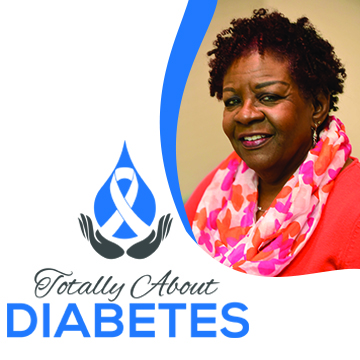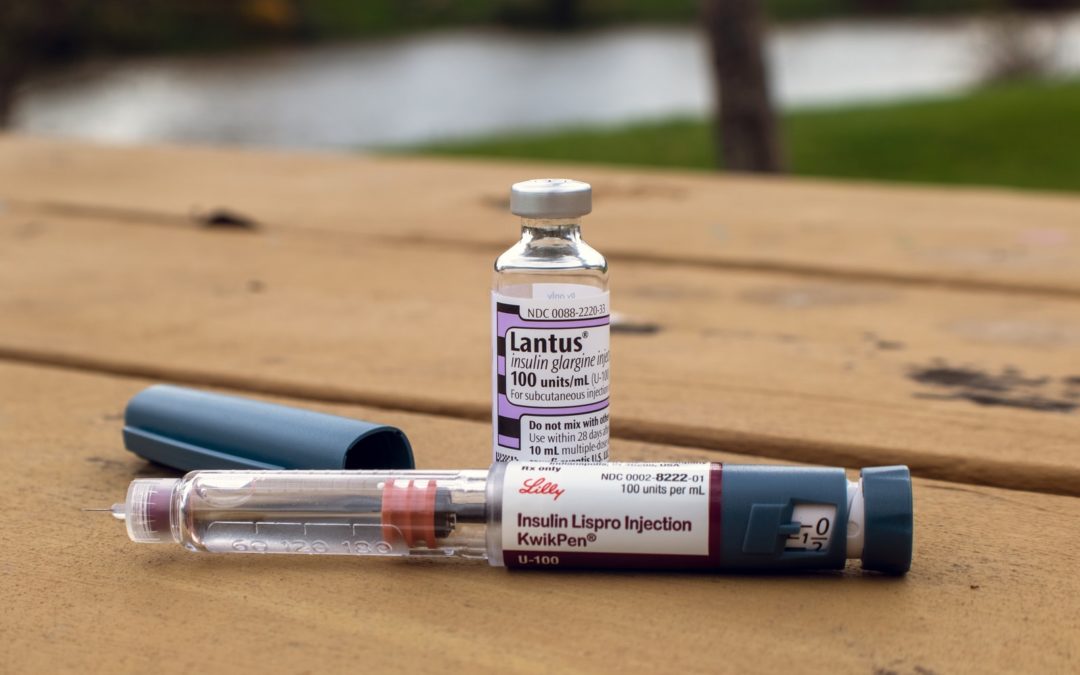Type 1 Diabetes Can Develop at Any Age
Many people assume type 1 diabetes only affects children and young adults. However, the truth is that type 1 diabetes can appear at any age, even in adulthood. In fact, up to 30% of new type 1 diabetes diagnoses occur in people over 40 years old.
How the body normally operates.
The pancreas is the organ by the stomach. The pancreas contains beta cells which produces insulin. Insulin is a hormone produced to breakdown carbohydrates to glucose (sugar). Glucose (sugar)is the substance the body needs to operate. Glucose feeds the brain, muscles, and internal organs. Glucose is essential for life.
What is Type 1 Diabetes?
Type 1 diabetes is an autoimmune disease, in the same class as lupus and rheumatoid arthritis. An autoimmune disease attacks the body. The disease sees your body as the enemy. The body’s immune system mistakenly attacks and destroys the insulin-producing beta cells in the pancreas. This leaves the body unable to produce insulin, the hormone needed to regulate blood sugar levels. Unlike type 2 diabetes which is linked to lifestyle factors, type 1 diabetes is not preventable and requires insulin treatment for life.
Some Key Facts About Adult-Onset Type 1 Diabetes:
- While type 1 diabetes is often called “juvenile diabetes” because it commonly appears in childhood, it can develop at any age. There are over 1.5 million American adults living with type 1 diabetes today.
- The onset of type 1 diabetes symptoms can be quite sudden in adulthood. Symptoms include increased thirst, frequent urination, constant hunger, weight loss, fatigue, and blurred vision.
- Adults may be misdiagnosed with type 2 diabetes at first since type 2 is more common in adults. Distinguishing between the two types requires special blood tests for antibodies and c-peptide levels.
- The cause involves a combination of genetic and environmental factors, but the exact trigger for adult-onset type 1 diabetes is unknown. Family history increases risk.
- Some adults acquire an infection that attacks the pancreas. Others have developed tumors that attack the beta cells.
- Adults with type 1 diabetes require intensive insulin therapy, either through multiple daily injections or an insulin pump. Careful blood sugar monitoring and close work with an endocrinologist are key.
Signs That Point to Type 1 Diabetes in Adults
Being aware of the signs and symptoms of type 1 diabetes is important, even in adulthood. Here are some red flags that could indicate type 1 diabetes is developing:
- Increased hunger and thirst – When insulin levels are low, the body is unable to convert blood sugar into energy for cells. This causes hunger as the body needs energy. Thirst results from dehydration as excess sugar is causes excessive urination.
- Frequent urination – As excess blood sugar ends up in the urine, urination increases significantly. Needing to urinate many times throughout the day and night is common.
- Unexplained weight loss – The calories are peed out. The excess sugar is passed through the kidneys. The body must use body fat and muscle for energy. This leads to rapid weight loss.
- Excessive hunger – The body tries to make up for the calorie loss. This may disappear as the body adapts to using fat and muscle as fuel.
- Fatigue – With glucose unavailable to provide cells energy, persistent tiredness and weakness often result.
- Blurred vision – Fluctuating blood sugar levels can cause blurry vision temporarily. If left untreated, high blood sugar levels can damage blood vessels in the eyes.
- Slow healing cuts/bruises – Poor circulation and high blood sugar levels slow the body’s natural healing process.
- Consult your doctor if you experience these symptoms. Getting an accurate diagnosis quickly can help prevent dangerous complications of untreated type 1 diabetes.
Conclusion
While adults can be overwhelmed by a new type 1 diabetes diagnosis, today’s treatment options allow for the disease to be well-managed with diligence. Many adults go on to live full, healthy lives.



Recent Comments